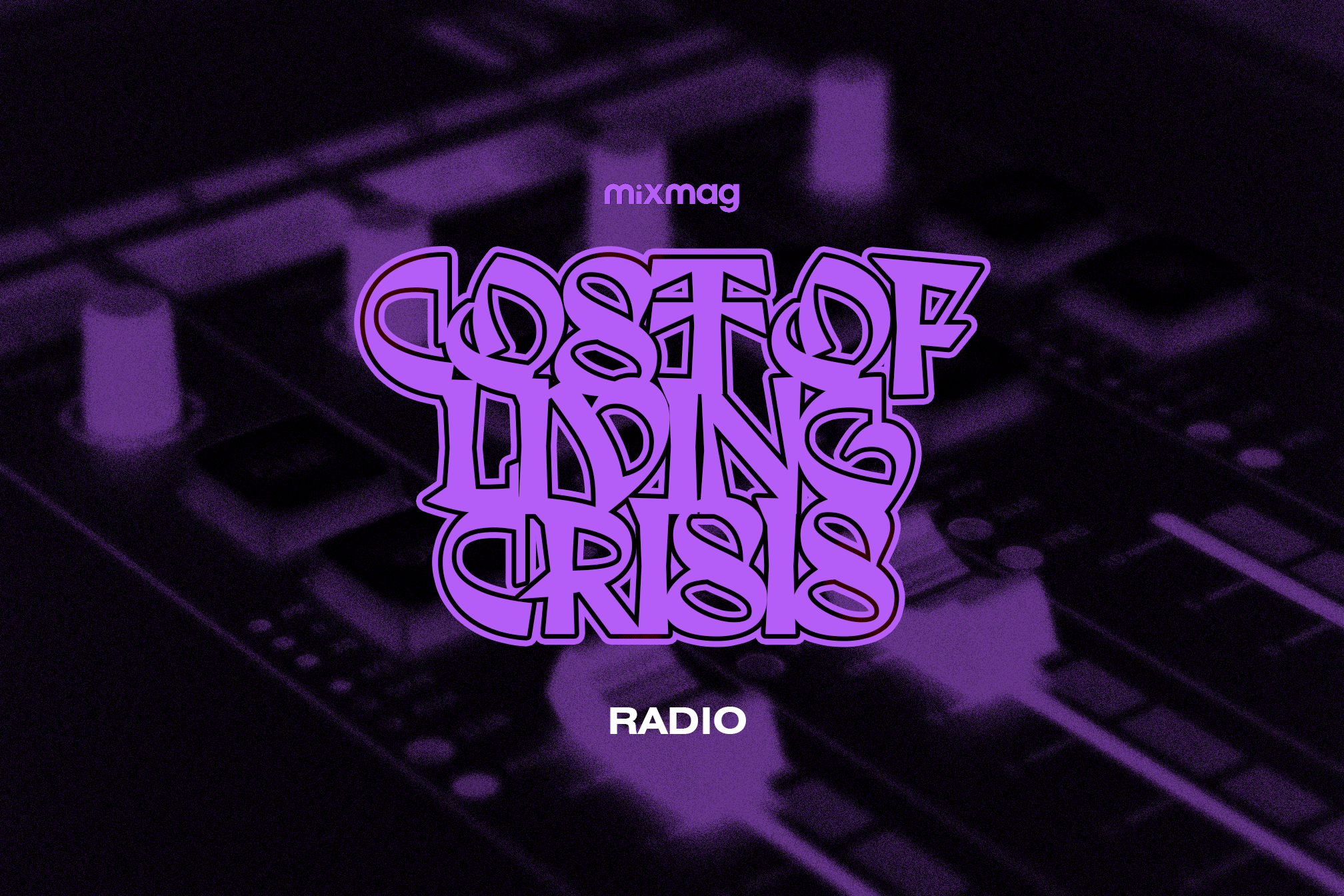 Features
Features
How The Cost Of Living Crisis Is Impacting Radio Stations
Next up in our Cost of Living series, Gemma Ross finds out the detrimental impact of increased studio rent and changing audience habits, and why some radio stations have struggled to keep the lights on
This article is part of Mixmag's Cost of Living series exploring how the current economic crisis is impacting dance music. For more features and a list of resources available to UK residents, click here.
Think back to lockdown and you’ll probably picture it: sitting cross-legged on your bedroom floor surrounded by miscellaneous hobbies you’ll never pick up again with the faint rumblings of NTS chit-chatter chiming through your speakers. As a whole the COVID-19 pandemic had been a disaster for the music industry, but radio — like many other forms of online/in-home entertainment — saw a huge boom, with even the smallest of independent stations seeing a huge upsurge in listeners, subscribers, and general enthusiasm. For commercial radio, revenue was through the roof and the pandemic saw the largest-ever spike in income for national stations - a mighty £402.8 million in revenue in 2021 alone. But when life resumed and the world went back to normal, that reality changed.
“To be honest, the COVID period was very easy. It was just a case of using pre-recorded shows or broadcasting remotely because the studio was closed,” says Sean McGovern, founder of Bristol’s 1020 Radio. “Last year, there was a big shift in people's behaviour. As the world went back to some sort of normal, everybody’s priorities changed as they booked up holidays or festivals every weekend. Radio became less of a priority.”
Read this next: How The Cost Of Living Crisis Is Impacting Nightclubs And Promoters
What went from an extraordinary time for UK radio quickly became a devastating one: the fallout from COVID led the UK to spiral into a cost of living crisis, and now those who had temporarily flourished were starting to feel the effects. “We got used to working remotely, all of these online stations somehow got a bit of energy through the pandemic, but people have no time right now to listen and tune in. In one sense, it really allowed us all to grow,” says Gilles Peterson, founder of Worldwide FM. “When things went back to normal, Worldwide needed to go back and find a new property as ours had been demolished pre-pandemic, but suddenly the costs were rising quite significantly. That was going to cause a lot of costs for us - we’re completely independent, so it was tough.”
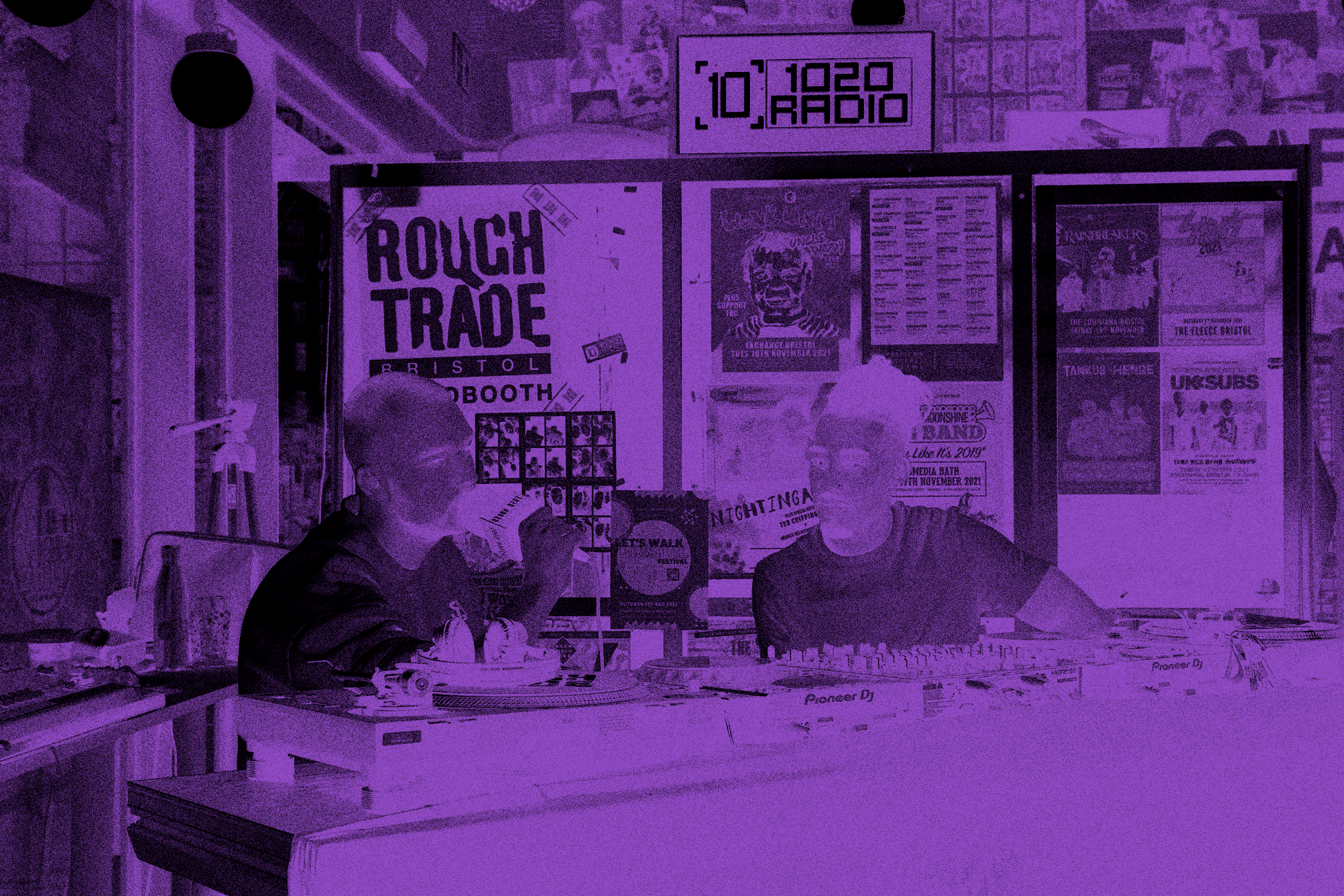
For even the most renowned radio stations in the dance music realm such as Worldwide, inflation is an ongoing battle. Those with studios were suddenly faced with huge increases in rent, surges in energy bills and no solutions. Worldwide, which had employed around “10-14 staff members” during its tenure, was forced to pause broadcast in October of 2022 amidst a “financial revaluation”, six years after the station’s initial launch.
“Like any other business, it was a difficult time,” Gilles tells Mixmag. “The main problem for Worldwide FM was just about how we could grow. We'd gotten to that stage where we needed to step it up another level, and we weren't able to do that. That’s where it meant that we needed to pause the model temporarily until we could find one that worked for us, which hopefully, we're going to do in the upcoming future. It was just becoming too difficult to maintain.”
Unfortunately, Worldwide was just one of several dance-focused stations announcing their closure in 2022, following suit from another key player, Bristol’s SWU.FM, in September. Despite becoming much intertwined with Bristol’s bass scene and aligning itself to local nights and festivals such as Love Saves The Day, SWU announced that it would cease broadcast from September 1 citing “rising costs” for its closure. “Against the odds, we managed to survive various lockdowns, navigate restrictions and stabilise,” they told listeners. “However, recent risings costs and massive energy bill increases have made it impossible for us to continue.”
Read this next: How The Cost Of Living Crisis Is Impacting Festivals
Over in Glasgow, by-weekend station Clyde Built Radio saw Worldwide’s temporary closure as a cause for concern. “Every station is trying to figure out a way to survive,” says Andrew Thomson, who launched the Glaswegian station alongside Claudia Ioana Vasiliu just six weeks before the UK’s first lockdown in 2020. “It was concerning to see what happened to Worldwide, Gilles is pretty much a celebrity in this world and the station was an attractive name. It was very well established and they had lots of big presenters, so it was worrying that their model hadn't been able to work for whatever reason, and maybe that’s because costs are far higher in London”.
For Clyde Built Radio, things haven’t been much easier, but with the station only paying a small sum of rent each month for its home in Glasgow's old Barras Market square, overheads such as these are less of a worry. Even so, the pair broadcast somewhere in the region of 150 shows each month, and despite only airing by the weekend, running the ship leaves little time to make money elsewhere in secondary jobs.
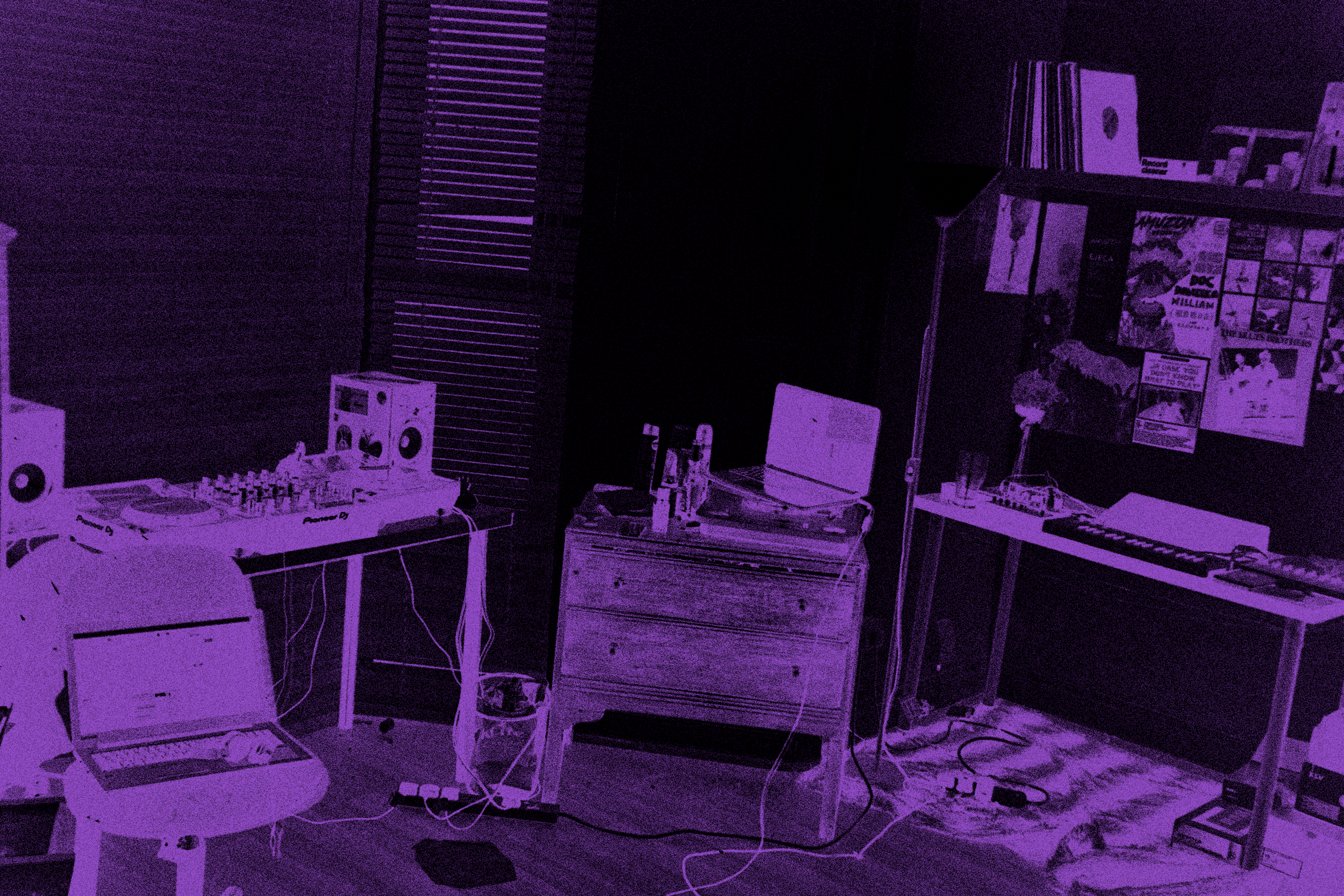
“We've just taken on an intern through a graduate scheme that they were able to get funding for, so they're actually on our payroll now. I’m not even on the payroll myself, which is a funny situation,” Andrew adds. “People don't see the struggle and all of the energy that goes into running a station or how knackering and all-consuming it is. I’ve personally become a lot more socially withdrawn.”
Independent station Vandelay Radio - like many similar broadcasters and passion projects - is a self-funded station paying out of pocket just to keep the lights on. Starting as a bedroom project in Swansea in 2018, Vandelay now broadcasts worldwide, headed up by self-titled ‘captain’, Dare Balogun. “The cost of living crisis is affecting me more personally, it means there’s less income for Vandelay and that we can’t offer things we usually would like events, and there’s less money to expand,” Dare tells Mixmag. “We don’t have any income streams other than the live shows that we do, and they’re a lot harder when you don’t actually have any money to do them.”
Read this next: Without independent radio, homogeny thrives
An unfortunate knock-on effect of this struggle could mean the centralisation of local stations across the country, and the closure of many independent ones that challenge the heavyweight broadcasters in equal and diverse coverage. A study conducted between 2021 and 2022 across 26 UK radio stations found that just 8% of the 50 most-played tracks were by POC artists, while 80% of the 100 most popular tracks featured male artists. “A lot of it comes down to class and access to money and how it shapes the spaces, who gets access and accepted into those spaces. If we don't start seriously talking about class and class access as an industry, then inevitably it will continue along the same path,” says 1020 Radio’s Sean McGovern. “Centralising radio takes away the important community aspect of it, which would die out and get taken away from people. But that's also the reason these things started in the first place and are special to the community it houses.”
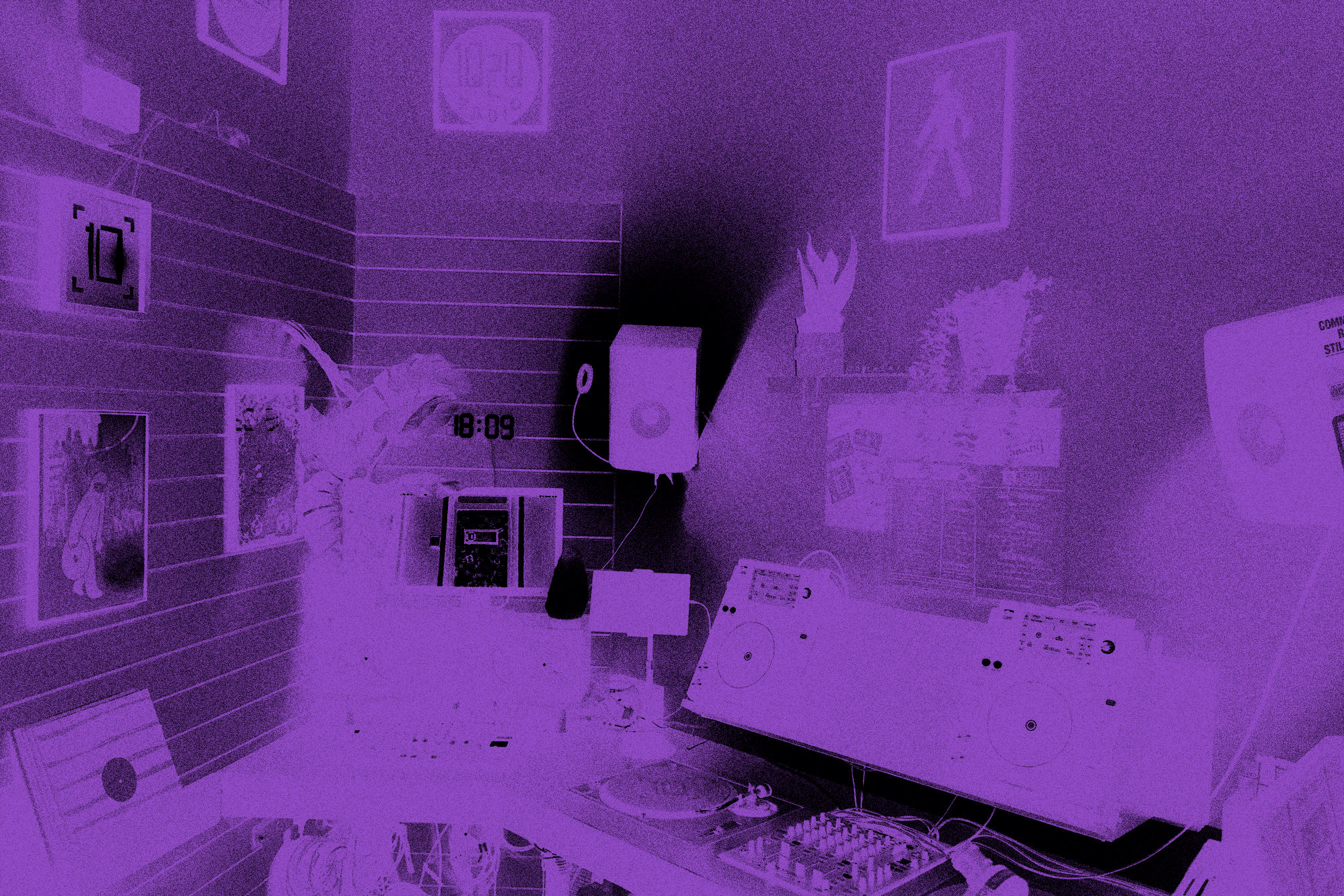
Edward Adoo, a former Sunday night BBC host covering Black music in Bedfordshire, Hertfordshire, Buckinghamshire, and Northamptonshire, has seen the impact of local station closures first-hand. Toward the end of 2022, hundreds of local BBC stations and Introducing shows were reported to face potential cuts — or be axed altogether. It also meant a much shorter programming time for 10 local stations across the UK, resulting in the closure of 48 staff posts, and could spell the end for diverse programming at the BBC. “When the proposals were announced it seemed my show along with all the other local Black and Asian shows were due to be axed,” Ed told Mixmag in December. When we caught up with the BBC host this month, he explained that his weekly program had survived the onslaught of cuts, but Ed made the "brave" decision to leave his show after eight years after it was absorbed by the national station.
“Local radio is magical, it does some incredible things whether it be from London to Manchester to Devon,” he explains. “One of the main things I did was create ’15 Minute Mixtape’ which ended up on BBC Sounds, something that has sadly come to an end now I'm not there. It gave local DJs and new artists the opportunity to take over, get in the mix, and showcase their favourite Black music tracks. I fear for independent artists, new music, and generally the tracks which never get played that serve the community and beyond.”
Read this next: 10 of the best shows on Glasgow's Clyde Built Radio
“I think local has to be a paramount focus, and not just for the BBC. There's been this obsession with merging everything and making things national, but there’s a huge difference between that and local radio. National punches its way to the big guests and presenters. But local puts politicians to account, champions new talent, and has shows dedicated to Black and Asian audiences and beyond,” says Ed. As a result of the BBC’s recent cuts, a number of music industry groups have penned an open letter to save BBC Introducing, which also came under threat amidst cuts to 19 of its national shows. Next month, workers are set to stage a 24-hour strike in opposition to these closures.
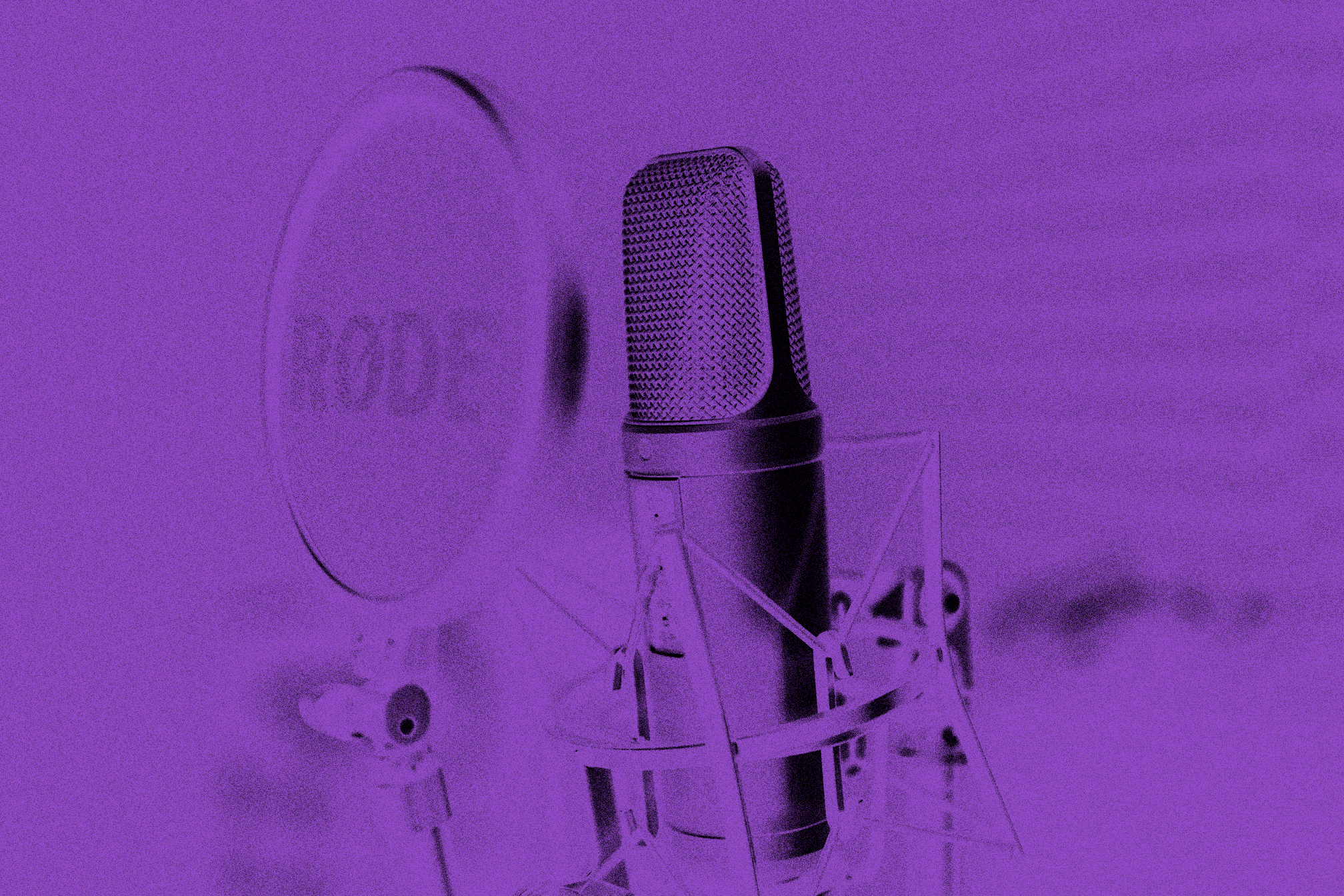
NTS and Rinse FM declined to speak to Mixmag for this feature, but both seemingly have utilised alternative income streams to stay afloat.Rinse FM has partnered with brands such as Size ? and Smirnoff, and worked with festivals/nightlife brands such as fabric, Wireless and Ministry of Sound to throw events and host stages — all the while maintain its record label and merch collection, completing an acquisition of legendary pirate radio station Kool FM last year. Alongside it's long-running membership programme - which appears to be getting a push lately with a slick ad campaign featuring station regulars - NTS has a score of high-profile partnerships with brands such as Adidas, Sonos, Uniqlo, Diesel, Netflix and more. 1020's Sean comments that, at least from the outside, it seems like bigger stations are managing with the help of partnerships “A lot of funding does seem to be through corporate organisations and drinks companies who flood money into music," he says. "But then ultimately, whether it be a drinks company or a clothing brand, you have to convince them that you can sell those products to your demographic of listeners.”
Netil Radio, East London’s in-person radio station situated inside Netil Market, has been supported by arts funding programmes to survive through this period. “We’re a free-of-charge community station fully supported by Eat Work Art company — this way we have no existential problems, but also limited resources when it comes to staff,” says Miro, Creative Director and Head of Programming at Netil Radio. “This limit is the reason for our unique way of working, where the resident’s content contribution and its logistics balance the lack of staff and protects the station's functionality during crises like this.”
Read this next: No Signal is the future of radio
But for many of these independent stations, funding isn’t an option. Instead, some opt for subscription service models — pay-what-you-can subs for listeners, or even asking residents and DJs to put a few quid to the station with each show — but there’s also a fear that comes with that, such as driving both audiences and hosts away. Earlier this year, Balamii launched a subscription service asking listeners to support the station by pledging £3 a month. “Not every station has access to brand partnerships, and charging subs in the internet era is not fair and not sustainable either,” says Miro. “We can’t just rely on donations or subscriptions and gave up on creating the content.”
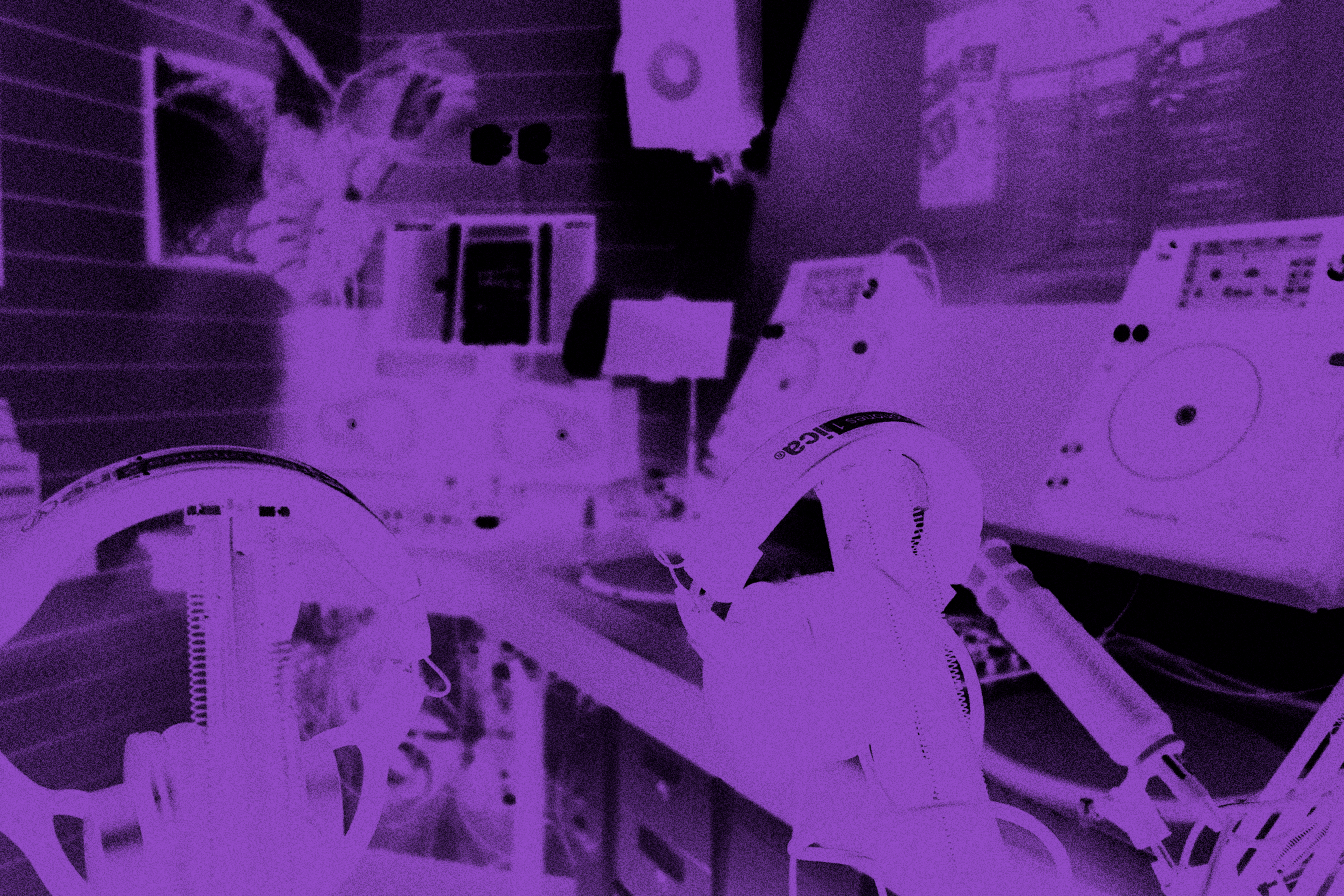
Speaking on that same model, Vandelay’s Dare explains: “A lot of other stations’ model is to charge residents subs to keep the lights on, it’s something we’ve said we’re committed to not doing. Mostly because we don’t have a studio, but it’s also a barrier during the cost of living crisis. I know a few DJs who stopped doing their shows because they just can’t afford to.”
So, how does UK radio move forward through this? Is there a need for funding? Centralising radio? Should we call to action? Challenge the government? Should we perhaps scrap the studio model altogether and exist off of at-home broadcasting? The cost of living crisis presents more issues in the music industry than many know how to deal with, and unfortunately for some, this devastating time has had an impact far worse than ever imagined. “We haven’t had much success in regards to getting things like Arts Council funding,” says 1020’s Sean. “It takes up a lot of time and energy for such a tiny operation like ours when we're just trying to run the day-to-day of the business and keep everything going.”
Read this next: An oral history of NTS Radio
“I'm struggling to see it going in any new direction at the moment, especially with the financial hardship generally in society. It's really hard to see what needs to be changed to make it more sustainable and accessible for others,” he adds. For Dare at Vandelay Radio, one option for the bettering of those impacted lies in “resource sharing”. “For instance when a studio isn’t being used, that’s free space someone could do something with. We really want to create and network and share our resources,” he explains.
On a positive note, a recent report from Radiocentre explained how radio might be a cheaper alternative for those looking for entertainment in the cost of living crisis, driving the number of listeners back up. In the last half of 2022, roughly 14.46 million listeners tuned in to BBC Radio 2, the nation’s most listened station, on a weekly basis.
“We are a creative industry and creativity is our best tool,” says Netil’s Miro. “It’s a challenge, not an apocalypse. If we do our job properly, we are encouraging our community to take a part and elect the people who will prevent any cost of living crisis in the future.”
For a full list of features in our Cost of Living Series, click here.
Gemma Ross is Mixmag's Editorial Asisstant, follow her on Twitter
Gilles Peterson is broadcasting from 6 Music Festival later this month. Tune in on 6 Music and BBC Sounds from Thursday, March 23, or watch back on BBC iPlayer on Sunday, March 26
You can subscribe to Clyde Built Radio's Patreon service here
Vandelay Radio is celebrating its fifth birthday at Peckham Audio on March 17. Grab tickets here


